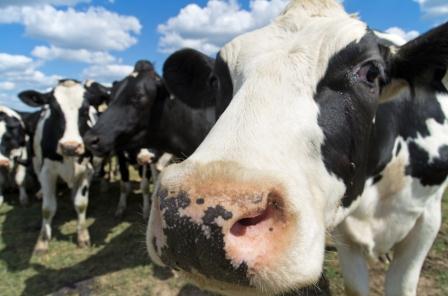Communication on the “allergen labelling” of wheat-based
maltodextrins, glucose syrups, dextrose towards a permanent exemption
(please note that further to regulatory developments, the statement below has to be considered as replaced by the one available here, and valid as of 28 November 2007).
Legislative background
Directive 2000/13/EC regarding the indication of the ingredients present in foodstuffs was amended by Directive 2003/89/EC which introduced the concept of “allergen labelling”.
According to this Directive, “cereals containing gluten and products thereof” must always be labelled with an indication of their botanical origin. However, products that are not likely to trigger adverse reactions, and for which the potential to trigger adverse reactions is under study, can be provisionally exempted from specific labelling based on the evaluation of the completed and on-going scientific studies notified to the Commission before 25 August 2004.
As announced in the AAC communication in January 2004 (available here), the AAC notified to the Commission its on-going studies for wheat-based maltodextrins, glucose syrups and dextrose on 9 June 2004 (please see the related communication here).
On 19 November 2004, the EFSA published its opinions on:
- wheat based maltodextrins,
- wheat based glucose syrups, including dextrose.
EFSA’s recommendations
The EFSA opinions on wheat-based maltodextrin, glucose syrup and dextrose are enclosed. The EFSA concludes that these wheat-based ingredients:
- “are unlikely to cause an adverse reaction in individuals with coeliac disease, provided that the provisional value of gluten considered by Codex Alimentarius for foods rendered gluten-free (currently 200 mg/kg) is not exceeded”. EFSA also indicates that further relevant information can be expected from the clinical study as planned, provided the study can be realised as indicated.[spacer size="15"]
► The AAC already provides all necessary guarantees that the gluten content of those ingredients will not exceed the value specified by Codex for products rendered gluten-free.
► As notified to the Commission and EFSA, the AAC commits itself to complete the clinical study above-mentioned in due time to apply for a permanent exemption from allergen labelling for those three ingredients.
- -"are not very likely to cause severe allergic reactions in the majority of cereal allergic individuals. More clinical information is needed with regard to the effects of wheat based maltodextrins, glucose syrups and dextrose in cereal allergy”.[spacer size="15"]
► As notified to the Commission and EFSA, the AAC commits itself to complete the clinical study above-mentioned and to reinforce if need be and where appropriate its compliance with the DBPCFC criteria (Double Blind Placebo Controlled Food Challenge testing) in due time to apply for permanent exemption from allergen labelling for those three ingredients.
Publication of the official list of products provisionally exempted from allergen labelling
According to Directive 2003/89/EC, on 25 November 2004 at the latest, on the basis of an EFSA opinion on the notified studies, the Commission would publish the list of products that are provisionally exempted from allergen labelling.
However, the Commission recently announced delay in the official publication of this list, since the EFSA did not adopt opinions on all notified studies yet.
[list style="arrow"]
- In the meantime, based also on the EFSA opinions, the AAC continues to strongly encourage the food manufacturers not to start labelling these wheat-based ingredients with reference to their botanical origin, until their provisional exemption is made official by the Commission.
[/list]
Legislative timeframe with relation to allergen labelling
Member States had to transpose Directive 2003/89/EC into national legislation in order to allow products labelled according to the new legislation by 25 November 2004.
However, food intended for the final consumer and to collectivities may be placed on the market with a labelling according to previous legislation until 24 November 2005. It will, however, be possible to sell products that do not comply with this Directive but have been placed on the market or labelled prior to this date until stocks are fully utilised.
The list of products that are permanently exempted from origin labelling will be published by the Commission latest 25 November 2007.
[list style="arrow"]
- The AAC will continue the completion of its ongoing clinical studies and is fully confident that these ingredients will be permanently excluded from the allergen labelling requirement in 2007.

